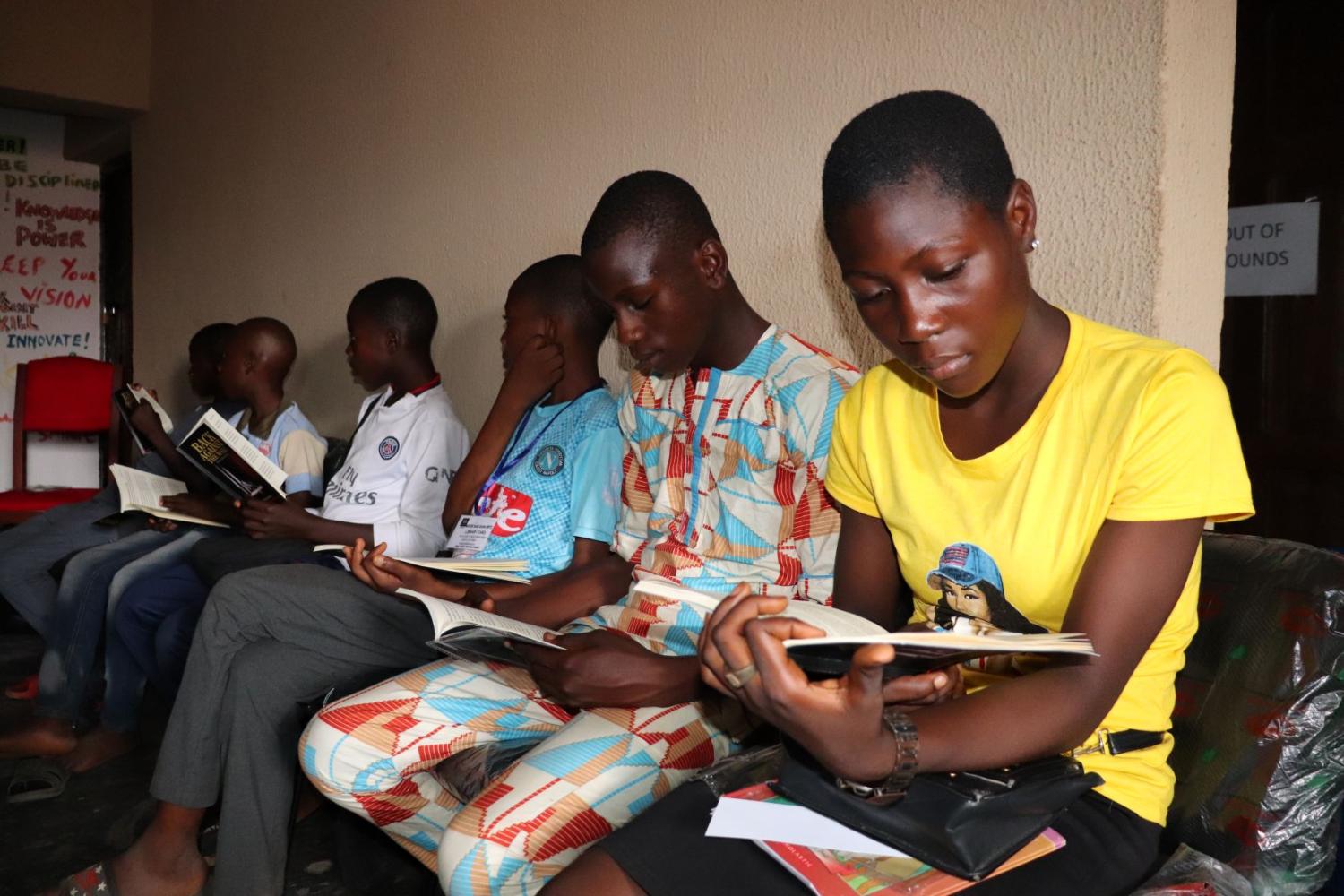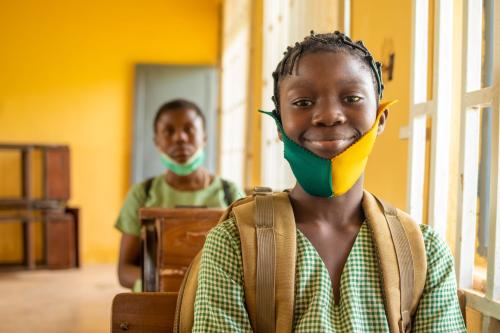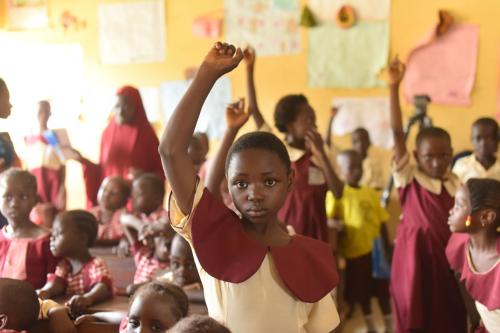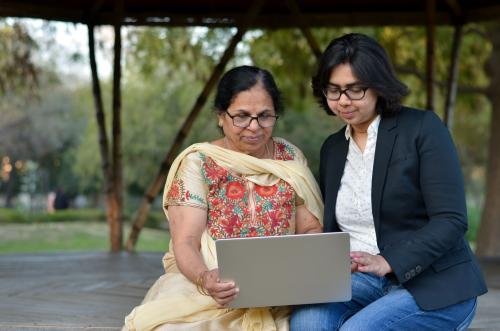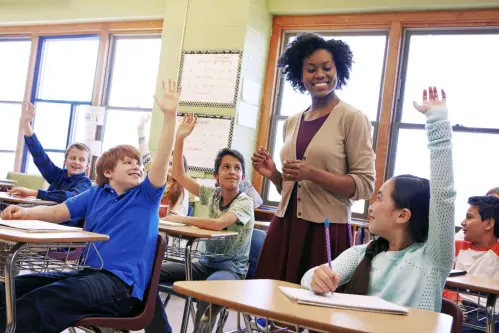This policy brief highlights ways that a gender-responsive perspective can be fully incorporated into planning, policy design, and implementation models for education in emergencies (EiE) in Nigeria, so that governments and education stakeholders can ensure that girls, like boys, can continue learning in times of crisis.
Girls’ education is historically vulnerable to crises, which has led to concerns that the school closures caused by the COVID-19 pandemic might reverse decades of advances in their schooling. The data discussed here were collected through qualitative research involving the Oyo State Ministry of Education, private-sector education partners of the government, broadcast stations, female and male upper secondary students, and members of community-based school governing boards and school management committees, as well as analysis of program content. I explore how the EiE intervention of Nigeria’s Oyo State School on Air (SOA) addressed issues of access, quality, and relevance for girls in upper secondary school during the COVID-19 school closures. The perspective of EiE planners in Oyo State interacted with general as well as gendered constraints on girls’ participation in SOA. Girls often lacked significant control of their time, had limited access to technology, encountered inhibitive instructional modes, and received content that reinforced gender biases. The absence of direct parental or community engagement beyond radio and television jingles about SOA further deterred the meaningful participation of girls in the program, especially in remote and rural areas.
Watch 2021 Echidna Global Scholar Edem Ossai discuss her research about why Nigeria needs a gender-responsive approach to education in emergencies.
Governments and education stakeholders need to establish permanent systems for EiE planning, policy, design, and implementation that place girls—and girls’ voices—at the center; they must also shift their focus from delivery of programs to improving learning outcomes. Involving communities is also critical to promote parental support and ensure that the most vulnerable children have access to EiE interventions, particularly in remote and marginalized areas. Failure to incorporate a gender-responsive approach into EiE has a high cost not only for the girls themselves but also for policymakers, development actors, and communities.
Photo credit: Motunrayo Oripeloye.

